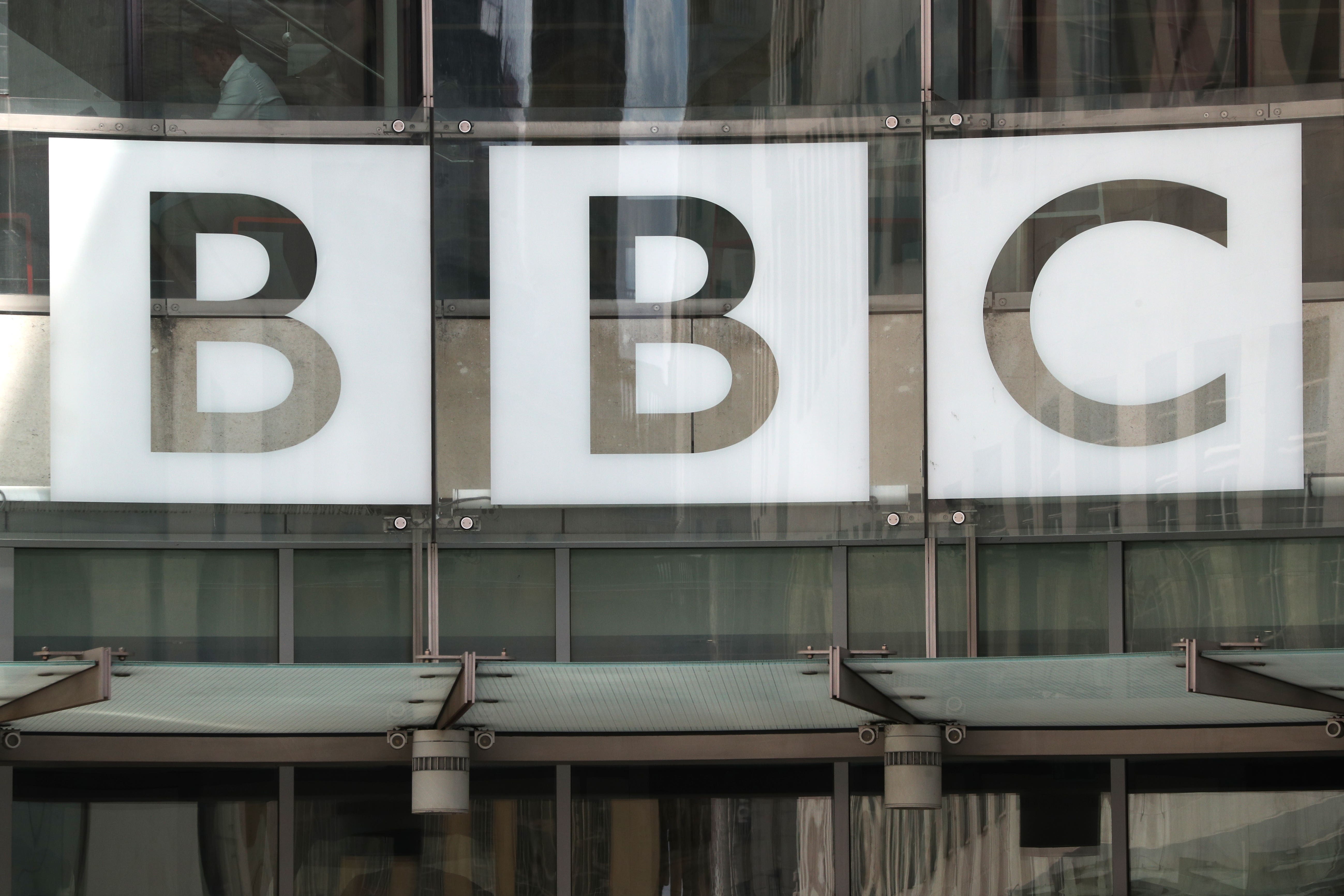BBC suffering long, slow, painful diminution, says ex-director general
The Government has announced a funding model review to look at how the BBC could be financed differently in the future.

The BBC is a “victim of the culture wars” and is suffering a “long, slow, painful diminution”, a former director general of the corporation has said.
Lord Birt, who headed up the BBC between 1992 and 2000, told peers in Westminster that the BBC has “diminished in every area of programming” since he left that role.
His comments come after it emerged last week that the BBC licence fee uplift would be lower than previously thought, putting more pressure on its finances.
Lord Birt said: “The BBC still makes wonderful programmes but I can see all too clearly how much it has been diminished in every area of programming since my time as director-general.
“Last year, the previous secretary of state tweeted: it is over for the BBC as we know it.
“Let us name the game: the BBC is a victim of the culture wars and as a result we are witnessing the long, slow, painful diminution of this great institution. Will this continue?”
The independent crossbench peer pointed out that the cost of certain commercial streaming services has risen between 40 and 83% in the past three years.
Meanwhile, the licence fee has been frozen, and in April will rise by just 6.7% in line with September’s Consumer Price Index (CPI).
This means an additional £10.50 per household, taking the total to £169.50.
It had been expected to rise by around 9%, which would have been an uplift of £15 per household.
The Government has also announced a funding model review to look at how the BBC could be financed differently in the future.
Lord Birt said: “What is actually happening in the real world: in the last three years, whilst the licence fee has been frozen, the price of Netflix has risen by 50%, Disney 83%, AppleTV 40% – and spend on the NHS, excluding Covid costs, has risen in the same period by around 12%.
“In the period 2010-2020, the BBC had to cut spending by 30%. After two years flat, there is a further drop in real terms of something like 12%.
“Against that backdrop, frankly, this new settlement will be but a drop in the ocean.”
He added: “It is recognised the world over that the century-old BBC is one of the greatest creations of our times.
“No other country in the whole world has so effectively captured its national experience, its cultural expression, its national dialogue.”
Culture minister Lord Parkinson of Whitley Bay responded that he did not agree with Lord Birt’s characterisation of the BBC’s decline, and the Government is trying to balance giving the BBC the resources it needs with fairness to licence fee payers.
He said: “We want to ensure that the BBC continues to be able to do its work over the next 100 years just as brilliantly as it has over the past century.
“That is why we are trying to find a settlement which is fair for licence fee payers, who bear the cost at the moment, but is also good for the BBC and sustainable for the long-term and which supports the BBC in its important work.”
On the rising cost of other service providers, he said: “I think it highlights what a good deal people get when they pay their licence fee and get to enjoy the work of the BBC.
“But of course the number of households holding a TV licence fell by 400,000 last year and has declined by 1.7 million since 2017.
“It’s right to look at the future funding model to make sure that the BBC can continue to do its important work in a very different media landscape in the years to come.”
Bookmark popover
Removed from bookmarks